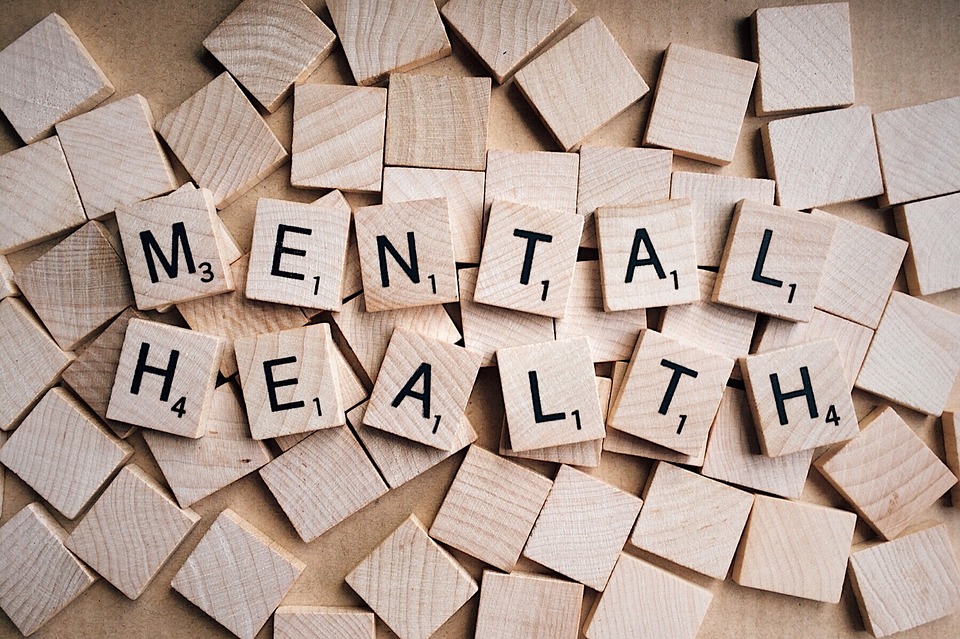Public schools are fully engaged in mental health treatment in New Hampshire’s schools. But does any of this actually help children? We now task school counselors and teachers with assessing and treating a child’s mental health while they attend school. There have been numerous problems with this initiative in our schools.
We’ve found that some of the public schools in New Hampshire shared personal mental health data on students without parental knowledge or consent. School Counselors are providing mental health therapy in the classroom without seeking parental consent. And some of these off-the-shelf programs have included political agendas. When will it end?
This is really something the Governor should address. Governor Ayotte is right about her concerns for the mental health of New Hampshire residents, but what happens when the programs in schools are shown to cause more harm than good?
In this article by Lucy Foulkes: Mental-health lessons in schools sound like a great idea. The trouble is, they don’t work the author provides evidence that this latest fad in our public schools does not work.
In fact, some studies have found that universal mental-health lessons actually make things worse. There are now high-quality studies showing that school lessons based on CBT, mindfulness, dialectical behavioural therapy (DBT) and general mental-health awareness lead to a small increase in symptoms of mental-health difficulties. There is evidence of other bad outcomes too, such as decreased prosocial behaviour or decreased relationship quality with parents.
It is not every study, but it is enough that we should take this seriously – not least because all schools in England are now required to teach something about mental health. And these are the ones that have been tested: there are many, many interventions being sold to and taught in schools that haven’t been evaluated at all.
I have now reached the conclusion that we should stop these all-class mental-health lessons. My view is that the only information we should teach en masse is where a young person should get help, both inside and outside school, if they’re struggling. That’s it. Then we should focus the time, energy and money on supporting the smaller group of young people who are actually unwell.
I wonder how long it will take before politicians and administrators start telling the public the truth about this? Look at your local public school. Compare the number of school counselors, social workers or school psychologists on the payroll today compared to five years ago. Many will see that their budgets increased so that these mental health programs could be administered. The problems with consent persist, and now we see that all of these changes may actually be making the mental health of children worse.

